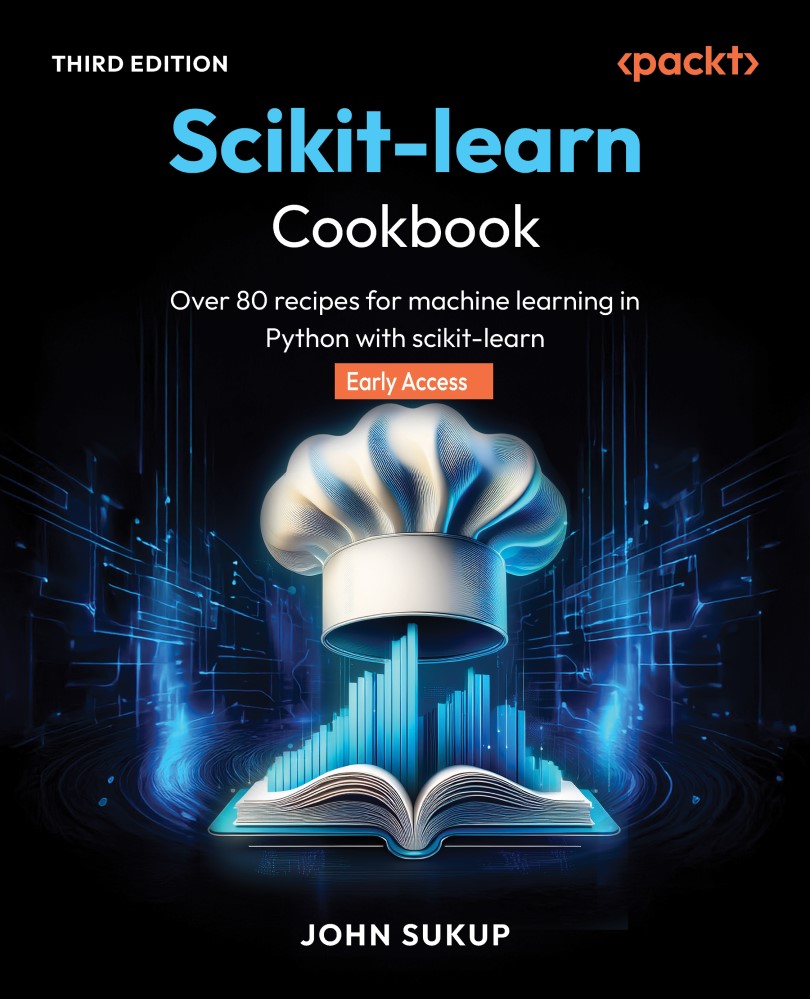Handling Custom Estimators and Transformers
Scikit-learn’s API is designed to be extensible, allowing developers to create custom estimators and transformers that integrate seamlessly into existing workflows. By subclassing BaseEstimator() and Mixin Classes, you can implement custom machine learning algorithms or data transformations. Each custom estimator should follow the scikit-learn interface by implementing the fit() and transform() (for transformers) or fit() and predict() (for models) methods, ensuring compatibility with tools like GridSearchCV() and Pipeline().
Mixin Classes
A Mixin in scikit-learn is a way to extend the functionality of Classes without using traditional Class inheritance found in Python and other OOP languages. Mixins are useful for code reusability, allowing programmers to share functionality between different classes. Instead of repeating the same code, common functionality can be grouped into a Mixin and then included into each class that...


































































